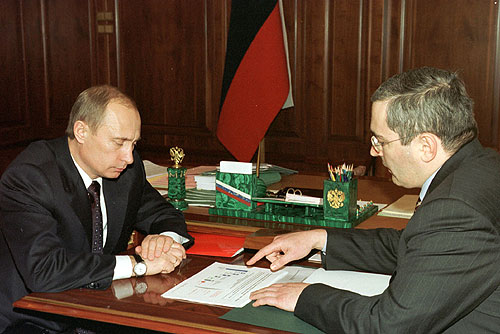“I did not want to return to the subject of The Hague”

I did not want to return to the subject of The Hague [ruling of 20 April 2016 overturning the $50 billion arbitration award of 2015 to GML former majority shareholders of Yukos], but it looks as though I must. For two reasons: the substance of the matter and the reaction to my reaction.
As far as the substance is concerned, I asked the opinion of a qualified international lawyer not working for the shareholders, what he thought of their chances. Here is an excerpt from his answer: “The Energy Charter allows for its provisional application before it has been ratified. Any of the signatory parties can, when signing the Charter, put down a deposition to the effect that it cannot agree with provisional application. As you perhaps know, the Russian Federation revoked its provisional application of the Charter in 2009 at the beginning of the arbitration court proceedings to decide the question of the jurisdiction, which means that there had to have been provisional application since it could be revoked. It was this provisional application that the Russian Federation successfully challenged in the District Court [of The Hague]. That means the reason for the revocation was not the absence of ratification, but much narrower – the absence of provisional application. The Hague decision completely contradicts the principles for the interpretation of international agreements. I think that the chances of successfully appealing this decision in the courts are good.”
I expressed my reaction to what is going on in a tweet: “The West has decided to decrease the pressure. My friends will continue to resist. I was, and am, approaching regime change by another route.” Most readers understood me very well and agreed with what I had in mind when limited by 140 characters: the decision of the western (Dutch) court effectively means a reduction of the pressure on the Putin regime. YUKOS shareholders told me that they will challenge this decision. I continue to regard my own personal route for fighting for democracy in Russia as more efficient and correct, by which I mean assisting with the establishment of a new political elite, informing society, preparing alternative plans for developing Russia, and projects, both human rights and educational. I shall carry on doing what I have been doing and am doing now. I was not at all surprised that the Kremlin propaganda machine interpreted my words as agreeing with their idea of the court’s political bias. This has been their view of the world for a very long time. I was more surprised that some people I respect, who know me well and know how legal proceedings work in the West, were taken in by this interpretation. Even if people don’t like me, or something I have said, it is a mistake to attribute Putin’s view of reality to me. Perhaps the Dutch court decision was indeed motivated by their view of the world, according to which the compensation awarded was too high, or by other aspects of their take on the situation. We cannot know this. But the fact remains that the decision of this Western court represents a reduction of pressure on the regime. The rest is all conjecture.



